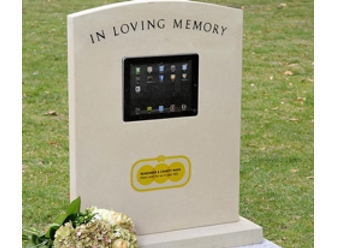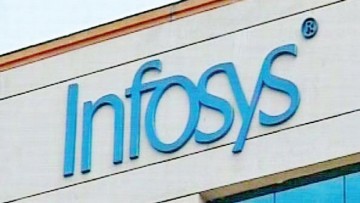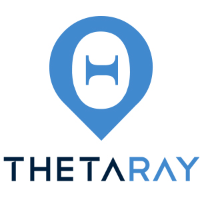 Cisco leads the global video conferencing market and has been instrumental in the development and promotion of video conferencing technology, says a new report by Transparency Market Research.
Cisco leads the global video conferencing market and has been instrumental in the development and promotion of video conferencing technology, says a new report by Transparency Market Research.
Apparently, Cisco offers a spectrum of newer video conferencing products that integrate voice, video, data, and software apps. These offerings have enhanced its brand image across the world.
Besides innovation, strategic acquisitions is the focus of the company to expand its outreach. For example, Cisco bought Acano to expand dynamically in the video conferencing market.
The report identifies other prominent companies in the global video conferencing market such as Huawei Technologies, West Unified Communications Services, ZTE , Polycom., Vidyo., Adobe , Microsoft, Arkadin SAS, Logitech, Orange Business Services, and JOYCE.
Transparency Market Researchers say that the global video conferencing market is expected to be worth $8,958.7 million by 2025, expanding at a CAGR of 8.3 percent during the forecast period between 2017 and 2025.
Amongst deployment type segments, on-premise dominates the video conferencing market in terms of revenue. However, cloud-based video conferencing is anticipated to surpass on-premise segment in terms of growth rate over the forecast period.
North America held supremacy in terms of revenue in the video conferencing market in 2016. The widespread popularity of telepresence and high adoption of managed video conferencing solutions are the key factors for the dominance of the region. The region is expected to display a significant growth rate over the forecast period.
The foremost factor driving the global video conferencing market is the increasing trend of virtual meetings with rising globalisation across industries. Video conferencing allows real-time communication over long distances that benefits in the form of enhanced productivity and faster decision making. Additionally, it saves travel expenses and addresses customer queries.
In the corporate sector, video conferencing is a major communication tool used by enterprises for enhanced collaboration. It is because it allows two-way audio and video communication at minimal cost, especially in present times when organizations are focused on curtailing costs related to their means of communication. This has extended widespread opportunities for the video conferencing market.
Small and medium enterprises (SMEs) are increasingly adopting video conferencing solutions for communication with clients at distant locations. SMEs generally rely on managed video conferencing solutions for which only peripherals such as cameras, speakers, and microphones are need to be provided by subscriber of the service. Video conferencing infrastructure including multipoint control units (MCUs), video conferencing systems, and other advanced applications and features are provided and managed by the video conferencing service provider.
The increasing trend of mobile workforce and Bring Your Own Device (BYOD) has positively impacted cloud-based video conferencing services.
 The death spiral of the “game changing” tablet is continuing and soon there will be very few people wanting to buy one anywhere and resellers would be more likely to successfully flog used bog-roll tubes.
The death spiral of the “game changing” tablet is continuing and soon there will be very few people wanting to buy one anywhere and resellers would be more likely to successfully flog used bog-roll tubes.


















